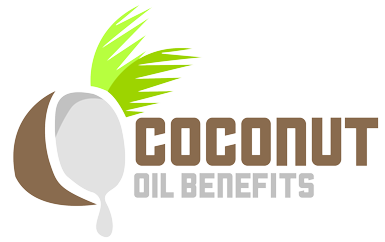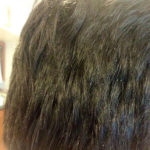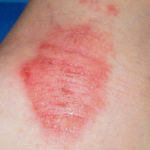
 Many adults and children suffer from tooth decay and cavities. No matter what some people do they still battle with these issues and need some extra help to maintain good oral health.
Many adults and children suffer from tooth decay and cavities. No matter what some people do they still battle with these issues and need some extra help to maintain good oral health.
What Causes Tooth Decay?
There are several types of bacteria that live in your mouth. Some of them are good and others are bad and can cause tooth decay.
Streptococcus mutans, which is also known as “S. mutans”, is a type of bacteria that is regarded as the main contributor to decay and the breaking down of your tooth enamel. Streptococcus mutans is found on most tooth surfaces and this is especially true in the hard to reach areas.
The bad bacteria, like Streptococcus mutans, interact with the food and drink in your diet to form an acid that breaks down your tooth enamel. Eating foods that are high in sugars and complex carbohydrates will help fuel this process.
What Can We Do to Prevent Cavities and Tooth Decay?
The Colgate Oral Care Center reports that the following will help most people combat tooth decay and cavities:
- Avoiding food and drinks that are high in sugar
- Brush your teeth twice a day
- Have regular dental checkups and cleanings
- Floss every day (remembering that bacteria can thrive in those hard to reach areas that your toothbrush cannot reach)
As stated previously, remembering to consistently do these things will be successful for most people, but what can be done it these things aren’t enough for you?
Chlorhexidine Gluconate Rinse
If people are doing everything they can, but are still having a hard time winning the battle against tooth decay some dentists will prescribe a chlorhexidine gluconate rinse.
The website drugs.com states that chlorhexidine gluconate is a germicidal mouthwash that reduces bacteria in the mouth (including S. mutans). Chlorhexidine gluconate oral rinse is typically used to treat gingivitis (swelling, redness, bleeding gums).
As stated above chlorhexidine gluconate is typically prescribed by a dentist.
Side Effects of Chlorhexidine Gluconate Rinse
While it is effective at reducing bacteria in the mouth a chlorhexidine gluconate rinse does have some reported side effects that can include staining of the teeth.
Are There Other More Natural Options?
Coconut Oil has long been known to have both anti-inflammatory and antimicrobial properties. Furthermore, many people use oil pulling, including oil pulling with coconut oil, as part of their preventative health routine.
Coconut oil is known to have both anti-inflammatory and antimicrobial properties. So might coconut oil be a natural way to combat tooth decay and cavities? That is what some researchers wanted to find out.
What is Coconut Oil Pulling?
The idea behind oil pulling is that by swishing, or holding the oil in your mouth for a period of time, you will improve not only improve your oral health, but your overall health as well when done on a regular basis.
People have practiced oil pulling for many years using different types of oils such as sesame oil and sunflower oil. However, those oils don’t have the anti-inflammatory and antimicrobial properties of coconut oil. That is why oil pulling with coconut oil is so intriguing to some researchers.
Oil pulling is very easy for most people to do unless they have an allergy to coconut oil. First of all, coconut oil is very affordable. Second, the taste of coconut oil is pleasant so you should even be able to get your kids to do it.
If you want to learn more about coconut oil pulling, how to do it, and what type of coconut oil to use click here.
Some of our favorite types of coconut oil that you can use for oil pulling are shown below (Please note that the product links immediately below this are affiliate links. You WILL NOT be charged any extra fees if you click on these product links and decide to buy them.):
Research Comparing Coconut Oil and Chlorhexidine on Streptococcus Mutans
In 2016 results of a research study that compared the effects of coconut oil and chlorhexidine on Streptococcus mutans was published in the Journal of International Society of Preventive & Community Dentistry.
The study consisted of two groups of female children between the ages of 8 and 12. One group was asked to perform oil swishing (oil pulling) with coconut oil for 2-3 minutes after brushing. The other group used chlorhexidine rinse instead. Then the amount of S. mutans in plaque and saliva was measured for the participants in each group on day 1, day 15, and day 30.
The results of the study found that there is a statistically significant decrease in S. mutans. count from coconut oil as well as chlorhexidine group from baseline to 30 days.
This means that coconut oil pulling is as effective as chlorhexidine rinse in the reduction of S. mutans.
Conclusion
If you are struggling to win the battle against cavities and tooth decay, or if you just want to take your oral hygiene routine up a notch, oil pulling with coconut oil might be for you. Not only does it taste pleasant, but it is cost effective and doesn’t come with the unwanted side effects that some other products might have.
Coconut oil might be the secret weapon you are looking for to win the battle against tooth decay and cavities.
Image Credits: Tommerton2010 on Flickr







